Novak Djokovic and Accepting Consequences
Novak Djokovic found himself in an odd situation at the US Open, and now he has to face the repercussions of his actions. (Courtesy of Twitter)
September 9, 2020
On Sunday afternoon, I was watching the U.S. Open with the sound off. Novak Djokovic was the number one seed for the men, and he was facing off against Pablo Carreño Busta of Spain. It was a match he was clearly supposed to win — and dominate — in a year in which he was yet to lose a match and in a tournament with neither Roger Federer nor Rafael Nadal, Djokovic found himself in some real trouble in the first set.
Within a span of fewer than 15 minutes, Djokovic had missed three different set points, falling and hurting his shoulder and eventually finding himself down 5-6 in that first set. That can be a frustrating turn of events for a tennis player at any level of play. When you are the best in the world and competing at the top level, one can only imagine that the hyperactive tendencies that make the best competitors great make the moment much more intensely maddening.
It is a true test of not only the athlete but the human being to see how a person will react in these crunch times. The frustration can be overwhelming and get the best of a person. It is in that crunch that Djokovic’s lapse in judgment changed the course of the day for him.
Following a ball out of bounds, Djokovic took the ball and hit it back behind him, as is usually the case. But Djokovic, clearly feeling the frustration of his past few minutes, hit the ball a little bit harder, in a perhaps cathartic way. Unintentionally, the ball made a beeline directly to the line judge and hit her right in the throat.
Watching the match without the sound on, I was rather confused. Play had stopped. This does not happen. Then they showed the replay. It was rather tough to watch. The line judge seemed to be in some real pain.
I watched Djokovic plead his case with the judges and umpires as they tried to determine what the correct protocol was to address this issue. One can only imagine that when these officials were trained, this specific type of situation was not an emphasized priority.
But upon review of the rulebook, the punishment was clear, and it was dealt: Djokovic was defaulted. His match with Carreño Busta was abandoned. Carreño Busta won by default and moved on to the next round. Djokovic, the number one seed for the men in the tournament and the clear favorite to win, was eliminated.
For any tennis fan, this reality was a difficult one to witness. It was as if they had been robbed of the chance to see one of the greatest men to play for a U.S. Open title in the weirdest year the sports world has seen since the Second World War. In response to the punishment, some fans were upset, feeling that the defaulting of Djokovic was a rather excessive ruling for an incident that was, by all apparent angles, an accident.
It is worth noting that this event probably was a complete accident. Spurts of frustration getting the best of people are a part of reality, and Djokovic certainly did not seem to want to hit the line judge. He even went over to her following the ball hitting her in the throat.
But, at the end of the day, whether Djokovic had no idea who this line judge was or whether he had a personal vendetta against her, the rulebook clearly states that this incident is enough to default the player in question. And the rules are the rules.
One of the things that professional sports as a platform and entertainment medium offers a society, beyond sport and craft, is the chance to watch real human beings live the human experience in full and in truth, as much on the competing grounds as off. These experiences that athletes have as — in some ways — professional humans allow us to learn and understand the trials and tribulations of being a person by watching our athletic heroes go through them. In some ways, they are real-life movie stars, and we are with them in all of their glories, journeys and faults.
In Djokovic’s experiences this past weekend, we can learn quite a few things: the intensity of frustration when things are not going our way, the effects of a knee-jerk reaction when we allow our anger to get the best of us and, most of all, facing, understanding and suffering the consequences of our actions.
It is unfortunate that Djokovic wound up in this situation and will not get to compete for the U.S. Open title he had such a strong shot at. But this event will not go without being forgotten.

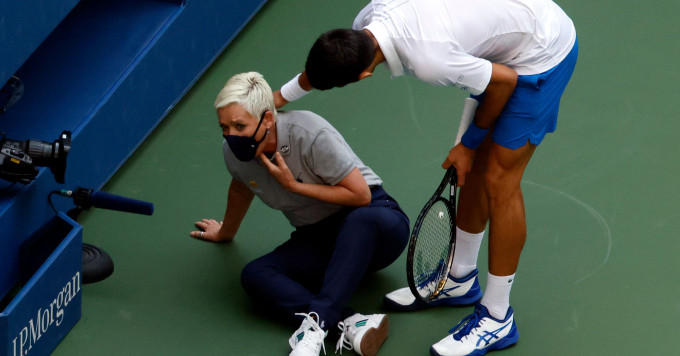


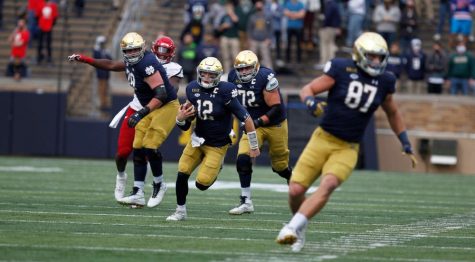


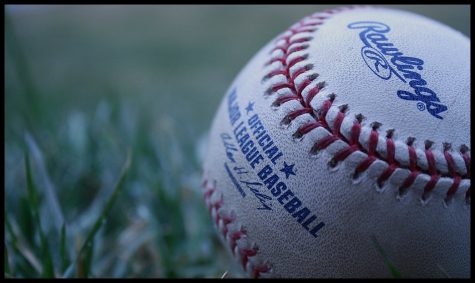
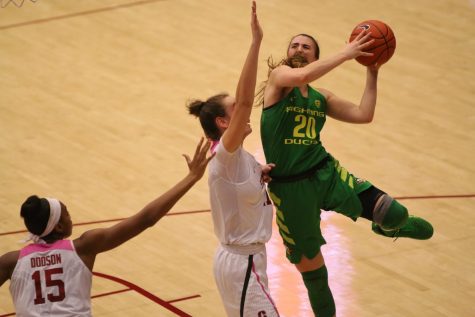
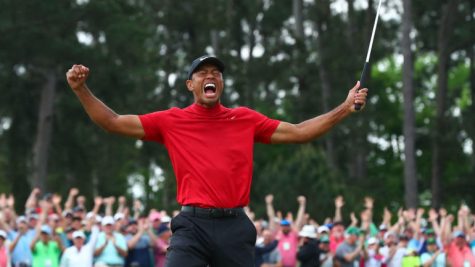
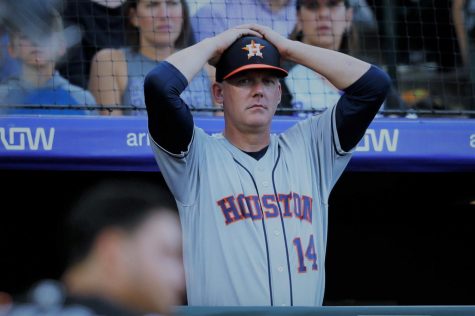
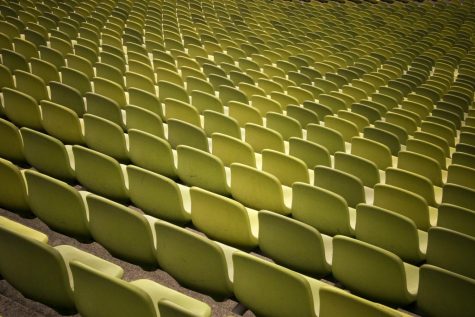
If you want a picture to show with your comment, go get a gravatar.